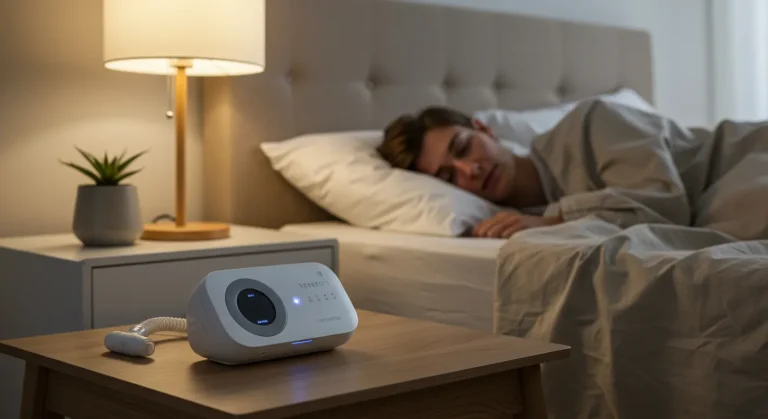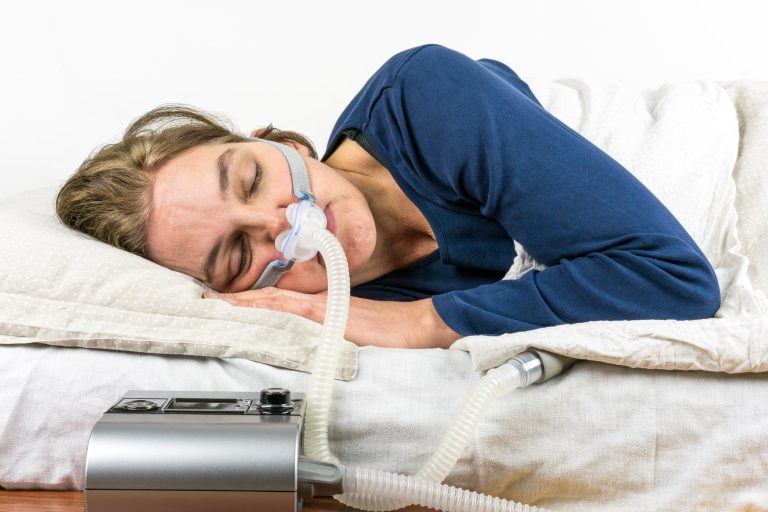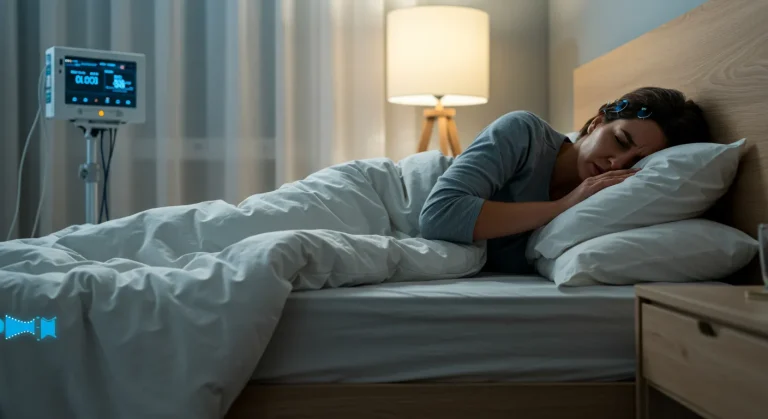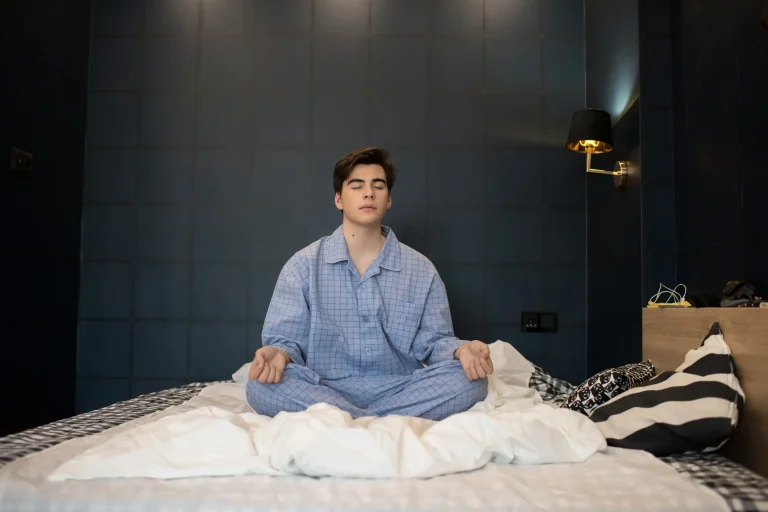Ultimate Guide to Using Exercise to Improve Sleep Quality for Busy Adults
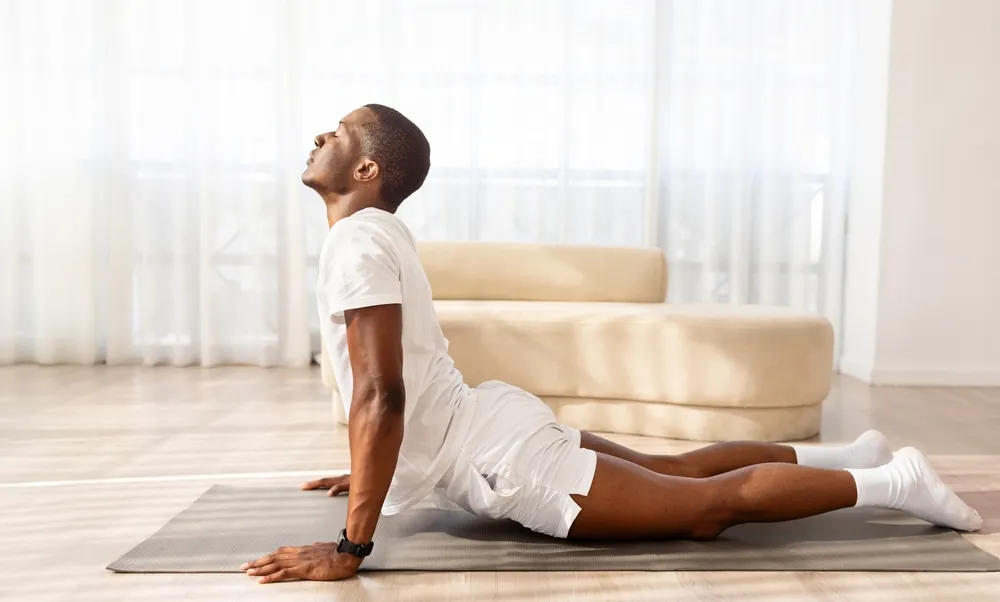
Sleep is often one of the first things busy adults sacrifice in today’s fast-paced world. However, prioritizing sleep is essential for physical, mental, and emotional well-being. At Vector Sleep Diagnostic Center, we understand how crucial quality sleep is and how challenging it can be for busy professionals to maintain a healthy sleep routine. One highly effective way to improve sleep quality is through regular exercise. This comprehensive guide explores how exercise can benefit sleep, the workouts most conducive to restful nights, and tips for incorporating exercise into a demanding schedule.
How Exercise Can Improve Sleep Quality
Studies consistently show that physical activity can help enhance sleep quality, especially for individuals who struggle with sleep disorders or irregular sleep patterns. When done right, exercise can make it easier to fall asleep and improve the quality and duration of sleep. Here, we’ll delve into why exercise works, the best times to work out, and how even the busiest adults can build sustainable exercise habits for better rest.
Why Exercise Matters for Sleep Quality
Regular exercise has been shown to:
- Reduce Sleep Latency: Exercise can help you fall asleep faster, reducing the time spent tossing and turning.
- Improve Sleep Efficiency: It can increase the time spent in deep, restorative stages of sleep.
- Decrease Anxiety and Stress: Physical activity releases endorphins, helping to calm the mind and reduce anxiety, which are common barriers to sleep.
- Regulate Circadian Rhythms: Exercise helps to set your body’s internal clock, aligning it with natural sleep-wake cycles.
Types of Exercise that Benefit Sleep the Most
Not all exercises have the same impact on sleep. Here’s a breakdown of exercises most beneficial for improving sleep quality:
1. Aerobic Exercise (Cardio)
- Benefits: Increases the heart rate, helping to regulate hormones and reduce stress.
- Examples: Walking, jogging, cycling, and swimming.
- Tips for Busy Adults: Try brisk walking during lunch breaks or biking to work if possible.
2. Strength Training
- Benefits: Strength training can improve overall fitness, and sleep patterns.
- Examples: Weightlifting, resistance band exercises, and bodyweight workouts.
- Tips for Busy Adults: Include short, high-intensity sessions a few times weekly for maximum benefit.
3. Yoga and Stretching
- Benefits: Known for promoting relaxation, reducing stress, and helping manage insomnia.
- Examples: Hatha yoga, stretching routines, and restorative yoga.
- Tips for Busy Adults: Incorporate a short evening yoga session to unwind after a hectic day.
4. High-Intensity Interval Training (HIIT)
- Benefits: HIIT is time-efficient and can significantly improve sleep quality, especially in people with tight schedules.
- Examples: 20-minute circuit training, sprint intervals, and home-based HIIT workouts.
- Tips for Busy Adults: Schedule HIIT sessions during lunch or shortly after work.
When to Exercise for Optimal Sleep
While exercise improves sleep quality, the timing of exercise is crucial. Here’s how to plan your workouts to maximize sleep benefits:
- Morning Workouts: Ideal for those who want to boost daytime alertness and reduce evening sleep latency.
- Afternoon Workouts: Afternoon sessions can improve sleep efficiency and are often more feasible for busy professionals.
- Evening Workouts: Avoid high-intensity activities too close to bedtime, as these may interfere with falling asleep.
Building an Exercise Routine for Better Sleep
Consistency is the key to reaping the sleep benefits of exercise. Here are some practical tips:
- Start Small: Begin with manageable, 15-minute sessions and gradually increase the duration as you adjust.
- Incorporate Variety: Mix cardio, strength, and flexibility exercises for comprehensive benefits.
- Set Realistic Goals: Initially, aim to exercise three times a week, then increase the frequency as you build endurance.
- Prioritize Enjoyable Activities: Choose activities you enjoy, as you’re likelier to stick with them.
Balancing Exercise with a Busy Schedule
For busy professionals, finding time to exercise can feel challenging. However, with a few strategic adjustments, incorporating physical activity into your daily routine is achievable:
- Use Breaks Wisely: A 10-minute stretch break or a quick walk can significantly contribute to your overall fitness.
- Leverage Technology: Fitness apps and virtual workouts provide the flexibility to exercise at any time, whether at home or in the office.
- Combine Exercise with Social Activities: Join a recreational sports league or find a workout buddy to make fitness enjoyable and sustainable.
Understanding the Science Behind Exercise and Sleep
Exercise affects neurotransmitters and hormones like serotonin and cortisol, which play key roles in sleep regulation. Additionally, physical activity increases core body temperature. As your body cools post-workout, this drop in temperature signals the brain that it’s time to wind down.
How the Vector Sleep Diagnostic Center Can Help
Consulting a specialist may be beneficial if sleep issues persist despite lifestyle changes. Vector Sleep Diagnostic Center provides state-of-the-art diagnostic and treatment options for various sleep disorders. Our team offers expertise in addressing sleep-related issues through personalized plans designed for long-lasting results.
Get Professional Support for Your Sleep Goals
Improving sleep quality requires a multifaceted approach. Exercise is a powerful tool, but sometimes, additional guidance is needed. Our team at Vector Sleep Diagnostic Center can help you achieve better sleep by providing personalized insights and solutions tailored to your specific needs.
Call us at +1 718-830-2800 or email vectorsleep@gmail.com to schedule a consultation today.
Frequently Asked Questions (FAQs)
1. Can I exercise right before bed?
Generally, high-intensity workouts close to bedtime may disrupt sleep. However, light stretching or yoga can be a great way to unwind.
2. How long should I exercise to see benefits in my sleep?
Even 20–30 minutes of moderate activity can yield noticeable improvements in sleep quality.
3. What if I don’t have time to exercise?
Incorporate short bouts of activity throughout the day—every little bit helps.



